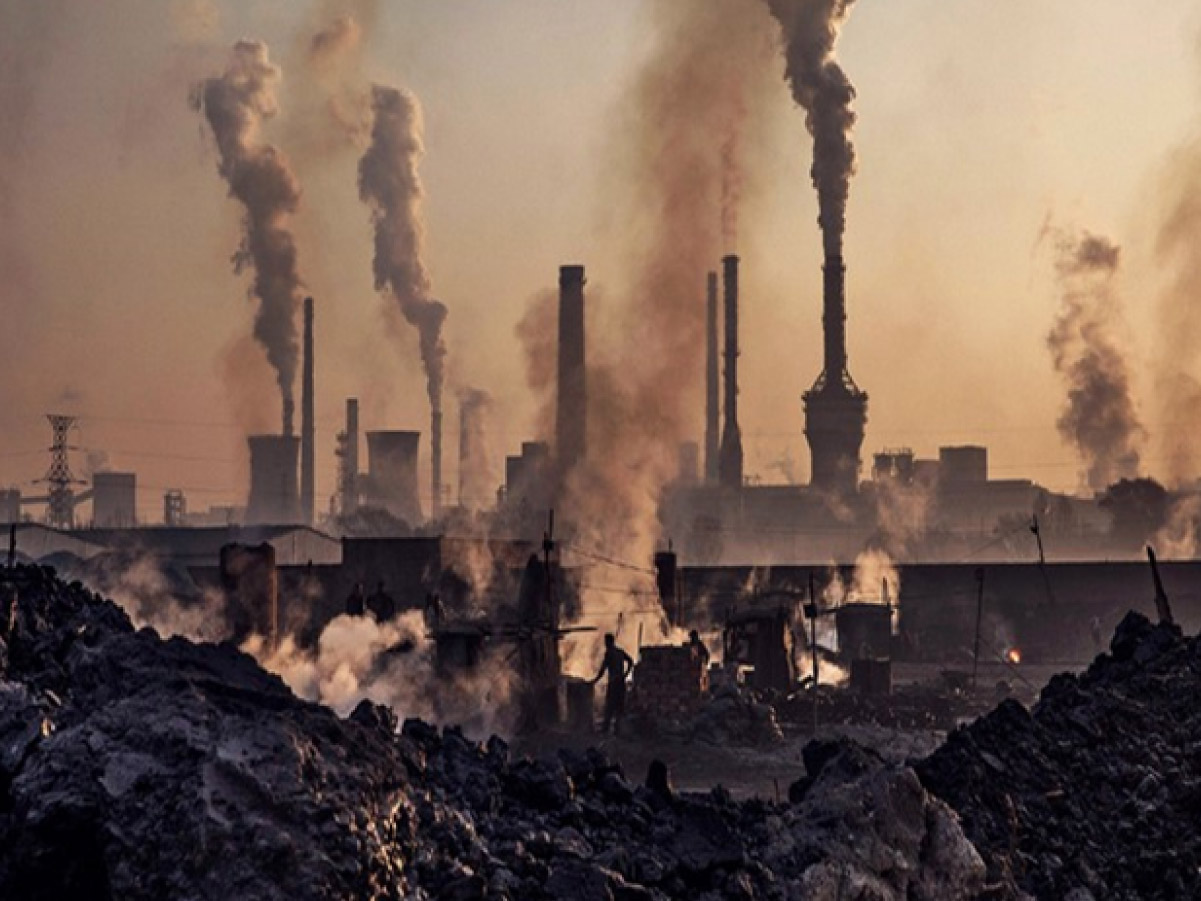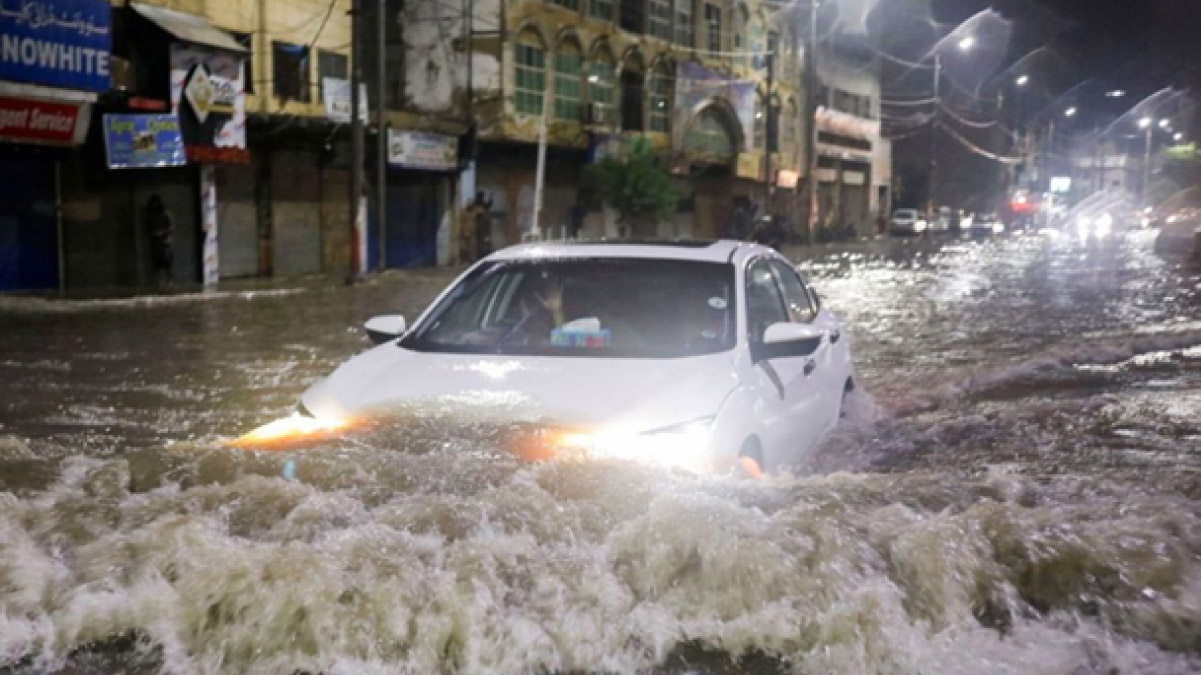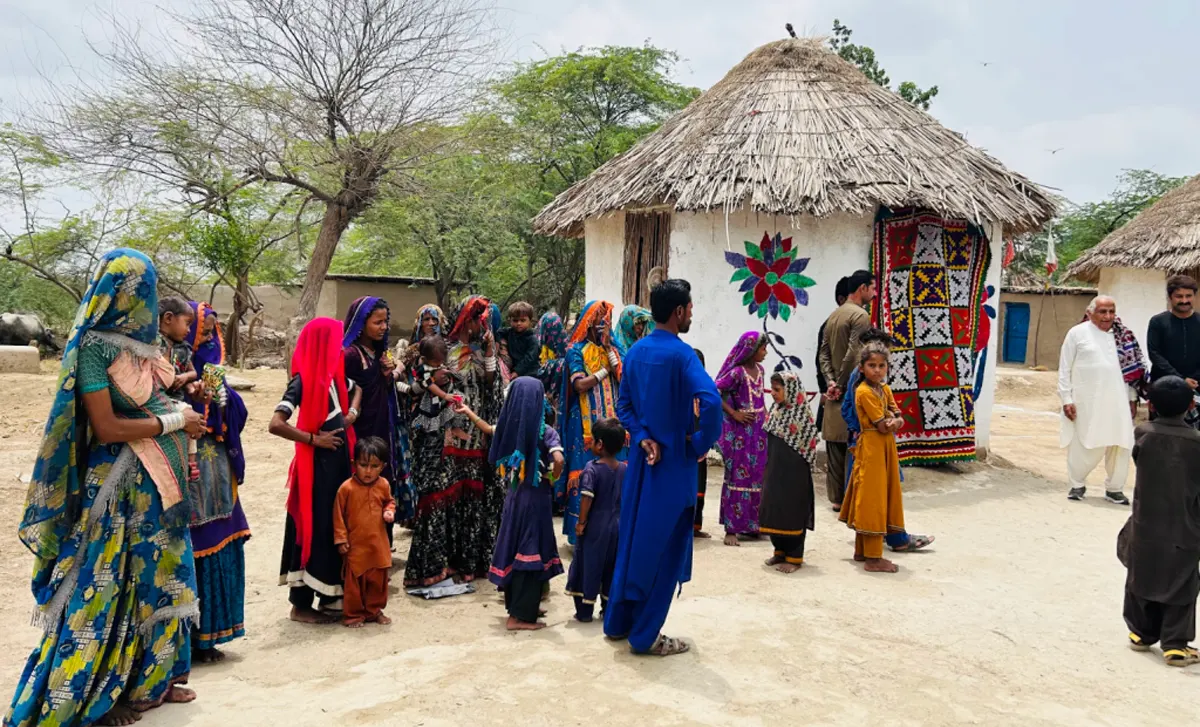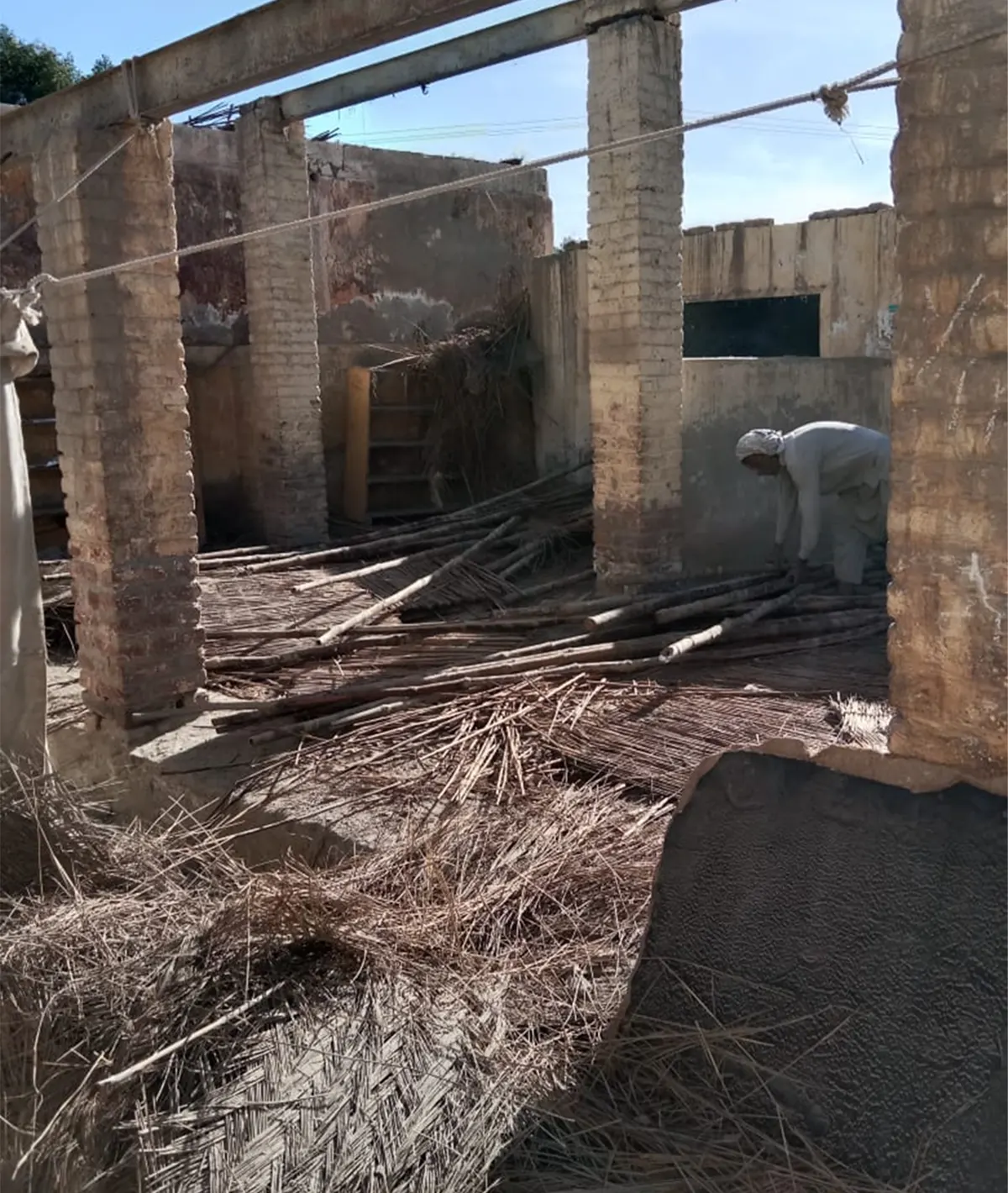Saving Karachi One Shampoo Bottle at a Time
I am sitting with Salman Tariq, CEO and co-founder of Davaam, an environmental services company in Pakistan. It works to reduce waste in society, which will be achieved by being more energy efficient and self-sustainable. Salman Tariq, a graduate of Columbia University, on his Linkedin page, says that he aspires to mainstream sustainability practices in Pakistan, and advance climate action through ecopreneurship. Ecopreneurship is a combination of finding more sustainable sources of energy and improving waste management.
Interviewer (Ammad Zuberi): What do you do, in your own words?
Salman Tariq: I work to change people’s habits to become more sustainable in simple ways. An example of this would be, instead of throwing away plastic shampoo bottles, go to a machine that refills it for you. I work on machines, which can do things like this, targeting dispensable products that can be refilled instead of being thrown away. In order to transition into a cleaner world, people have to change their habits.
AZ: How do you define sustainability?
ST: Sustainability is changing every aspect of the way that you live to preserve resources for future generations. This has become an increasingly prevalent issue as time has moved, and it is our responsibility. The past generations have increasingly exhausted finite resources on the planet, and they won’t be around to feel the effects. We will feel the brunt of their actions, and the resources which have been exhausted, and it is our responsibility to preserve these resources for future generations.
AZ: How do you persuade people to become more sustainable?
ST: It has to make more sense for people to become more sustainable, incentivizing the process. The most common way of doing this is making sustainable technologies cheaper than their emission producing counterparts. To make the sustainable movement it has to be sustainable, sustainability for sustainability. As the green movement grows, it must have a strong base and resources to continue, and have a working formula to motivate people to care about climate change. In Karachi recently many people have begun to install solar panels, why? Because it is cheaper. Solar panels are not a new technology, but making them a cheaper source of energy than their emission heavy counterparts has incentivized people to buy them, to save money.
“Sustainability for Sustainability”
Giving people an incentive, especially saving money, to shift into a more sustainable world is crucial. It is much more difficult to convince people to buy greener technologies when they are more expensive than the technologies that they are supposed to be replacing. It is not enough to just tell people that climate change will affect them in the future, you have to give them an incentive in the present.
AZ: What is your target audience?
ST: We target younger people because it is easier to change their habits. If I were to try and convince my parents to change a habit which they have been practicing their whole life, it would be challenging and time-consuming. When you are younger it is much easier because your habits are malleable, and if you input good habits, such as becoming more green, it will stick with them. We try to give the new generation some of these habits by visiting schools, because it is very important that they begin these green habits when they are young.
AZ: How important is it to reverse the process of climate change, compared to stopping emissions from getting worse?
ST: Adaptation to climate change and mitigating it are of equal importance. Think of mitigating climate change as taking a giant vacuum and sucking the carbon dioxide out of the atmosphere. To stop climate change, we must cut off the major emission sources, but we also have to clean out the tons of carbon dioxide already in our atmosphere. We can stop climate change from getting worse, by adapting, but we will feel the effects of the emissions we have already produced, making mitigation equally important.
AZ: Do you think that it is possible for humans to avoid the worst effects of global warming?
ST: We are in the midst of a pandemic, which has affected the lives of everyone in the world, but the human response has been incredible. We have developed vaccines utilizing amazing new technology so quickly. Everyone could see how Covid-19 was affecting their lives, but the same cannot be said about climate change. It is a slow-moving trap that isn’t as visible, and if we don’t react soon, it could be too late. There are a host of things that we have to do, such as handing back land to indigenous peoples who are the best caretakers of land, transitioning our main sources of energy, and so much more. Yet, if we have a unified and effective global response similar to the one people had to the pandemic, anything is possible.
“Ecopreneurs” such as Salman Tariq are determined to change people’s habits, especially younger individuals, to reduce their ecological footprint. We have to act now, because if we don’t some of the major effects of climate change may become irreversible. Yet, Salman is optimistic that if we can replicate the global and unified response to the pandemic, we may be able to avoid a climate catastrophe.
Projects
Hello I’m Ammad Zuberi, I’m sure you’ve heard of the devastating
On my trip to Pakistan this summer, I had the amazing opportunity to go and survey the sustainable village project that I had raised funds for in 2022 after deadly floods dislocated 33 million people in Pakistan.
On my trip to Pakistan this summer, I had the amazing opportunity to go and survey the sustainable village project that I had raised funds for in 2022 after deadly floods dislocated 33 million people in Pakistan.




